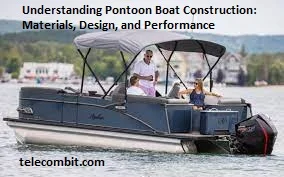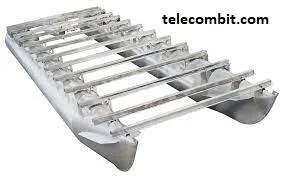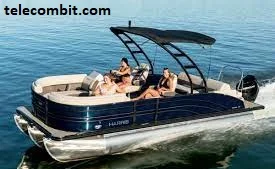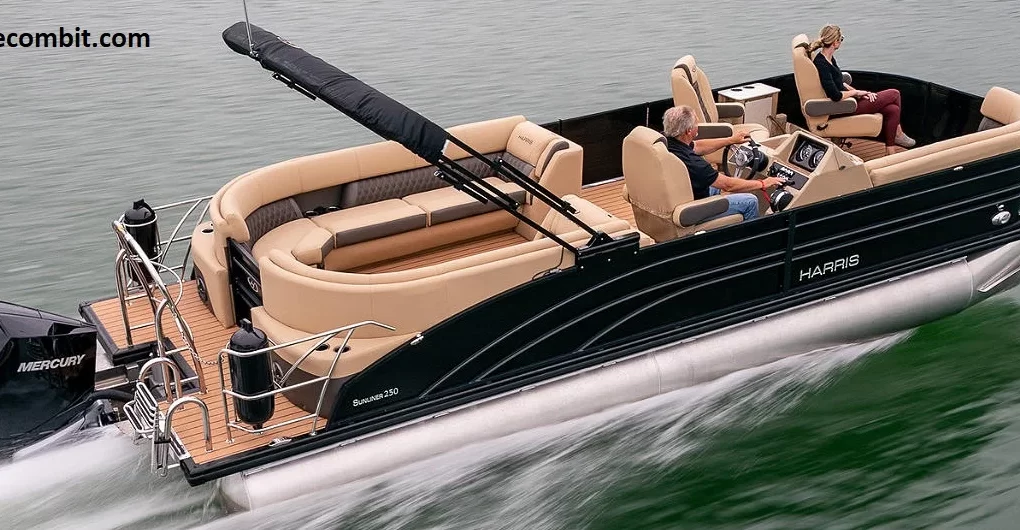Understanding Pontoon Boat Construction: Materials, Design, and Performance

When it comes to recreational boating, pontoon boats have gained immense popularity. These versatile vessels are known for their stability, spaciousness, and overall performance on the water. Understanding Pontoon Boat Construction: Materials, Design, and Performance. However, have you ever wondered how these boats are constructed? In this article, we’ll dive into the world of pontoon boat construction, exploring the materials used, the design considerations, and how they impact the boat’s performance.

Materials Used in Pontoon Boat Construction
Pontoon boats are typically built using a combination of various materials. Let’s take a closer look at the primary materials involved:
- Aluminum: Aluminum is the most common material used for constructing pontoon boats. It offers excellent durability, corrosion resistance, and lightweight properties. Aluminum pontoons are typically made from marine-grade aluminum alloys, ensuring longevity and resistance to saltwater environments.
- Steel: While less common than aluminum, steel is another material used in pontoon boat construction. Steel pontoons are robust and provide superior strength but are susceptible to rust and require regular maintenance to prevent corrosion.
- Composite Materials: Some manufacturers employ composite materials, such as fiberglass-reinforced plastic (FRP) or high-density polyethylene (HDPE), for pontoon construction. These materials offer advantages like reduced weight, increased impact resistance, and improved durability.

Pontoon Boat Design Considerations
The design of a pontoon boat plays a crucial role in its performance, stability, and handling characteristics. Here are key design considerations:
- Tube Design: Pontoon boats feature one or more tubes (also known as pontoons) that provide buoyancy and stability. The shape and size of these tubes impact the boat’s performance. Tri-tube designs, with three pontoons, offer increased stability and weight capacity compared to twin-tube designs.
- Deck Layout: The deck layout is an essential aspect of pontoon boat design. Manufacturers offer a range of options, including seating configurations, lounges, fishing stations, and storage compartments. A well-planned deck layout maximizes comfort, functionality, and versatility for different activities.
- Hull Design: While pontoons provide buoyancy, the hull design of a pontoon boat influences its performance on the water. Hulls with deeper V-shaped or tri-hull designs offer improved maneuverability and handling, especially in rougher water conditions And 7 Steps To Finding The Perfect Luxury Caravans For Sale

Performance Factors in Pontoon Boats
Several factors impact the overall performance of a pontoon boat. Let’s explore these performance considerations:
- Horsepower: The engine’s horsepower directly affects the boat’s speed and acceleration capabilities. Manufacturers specify the recommended horsepower range for optimal performance and safety. It’s essential to choose an engine that suits your boating needs and complies with the boat’s maximum horsepower rating.
- Weight Capacity: Pontoon boats have weight limits that determine the maximum weight they can carry. Exceeding the weight capacity affects performance, stability, and safety. It’s crucial to consider the weight of passengers, gear, and additional accessories to ensure optimal performance or Custom Locking Money Bags: Ensuring Secure Cash Management.
- Performance Features: Various performance-enhancing features are available in modern pontoon boats. These include lifting strakes (protrusions on the pontoons’ underside), which improve hydrodynamics, and performance-oriented hull designs for increased speed and agility.

Conclusion
Understanding pontoon boat construction is crucial for boating enthusiasts and potential buyers alike. By familiarizing yourself with the materials used, design considerations, and performance factors, you can make informed decisions when selecting a pontoon boat that suits your needs. Remember to consider the materials’ durability, the boat’s design elements, and the desired performance features to enhance your overall boating experience.





